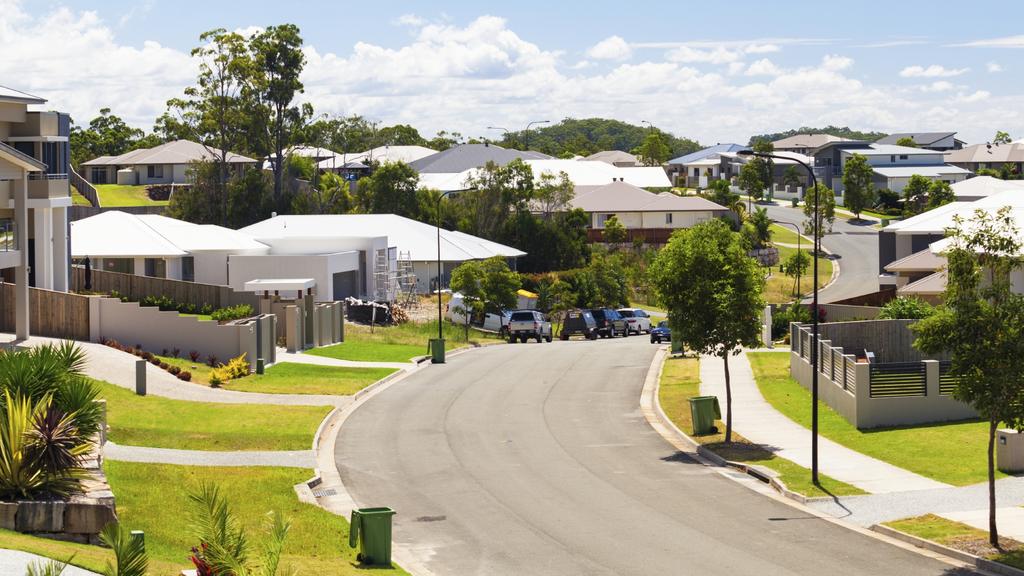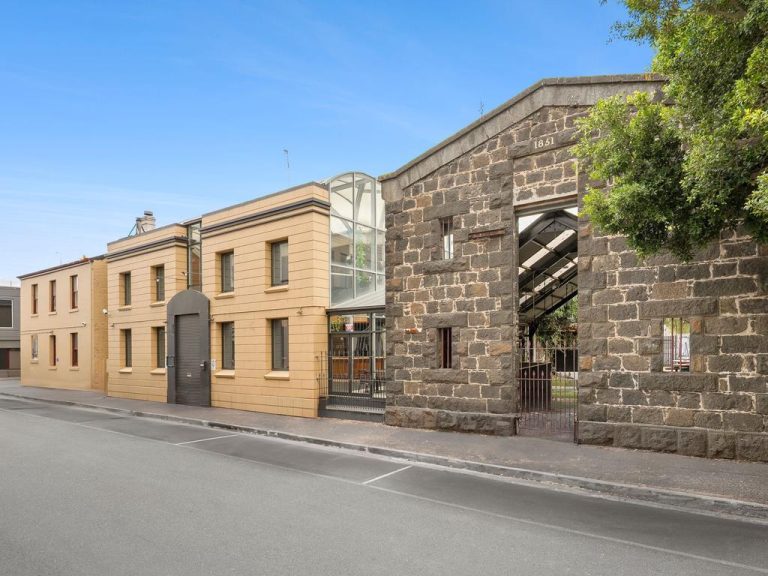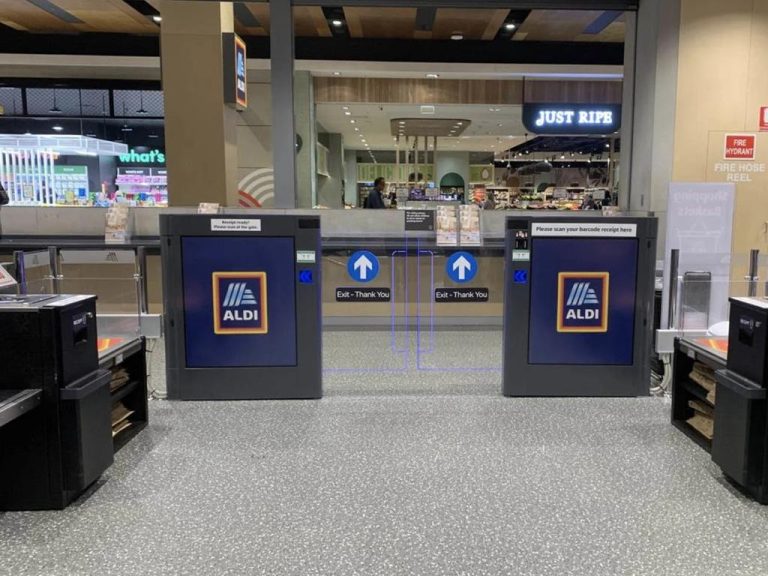Economy, not government, to influence housing prices

Housing is not expected to be to inmpacted by a change in government, industry says.
Residential property prices are not expected to be impacted greatly by housing policies being introduced by the Albanese government, with economic influences such as inflation and interest rates to determine their direction.
Pathways to homeownership became a political battleground on the final weeks of the election campaign as both sides sought to appeal to the idea of the “great Australian dream”.
Now the dust has settled, industry players are expecting the market to get back to normal, with the prospect of rising interest rates, strong inflation figures and continued pressure on the homebuilding sector to cause the most volatility this year.
The most immediate impact will be seen at Saturday open homes and at auctions. Agents expect the number of homes coming onto the market expected to hold steady if not rise now that weekends are no longer broken up by campaigning.
Ray White managing director Dan White anticipates no major change to housing forecasts following the May result.
“Real estate markets work on confidence,” Mr White said. “With that uncertainty out of the way, it will only be a good thing. Rate rises are expected. On the basis that there will be no more shocks, the market has settled down. I see no reason for the outlook to change.”
McGrath chief executive John McGrath said that April and May were impacted by a range of external factors, including the campaign.
“We expect an increase in listing activity now the Federal election is over,” he said.
Labor have committed to introducing 10,000 spots in its new shared equity scheme, which will see the government bring down the cost of a property significantly by essentially buying 30 or 40 per cent of a property alongside the buyer. It will coexist with the first home loan deposit scheme – designed to allow market entrants to buy with a 5 per cent deposit – which was expanded to 50,000 spots by Morrison Government in its final budget.
Buyers agent Simon Pressley dubbed the recent election “boring” in terms of housing policy, but he clarified that was not necessarily bad.
“Really, the more boring the better,” said the founder of investor-focused firm, Propertyology.
“It’s my opinion that, with real estate and life in general, politicians create more unintended consequences than good solutions. So a relatively boring suite of election policies is a good thing.”
Unlike the downward pressure the proposed changes to negative gearing had on the market in 2019, Mr Pressley does not foresee much change to come from Labor’s equity sharing policy due to the limited number of spots available as part of the scheme.
“I admire the lateral thinking but at the end of the day, only 10,000 people will benefit from it of a nominal 500,000 who buy. The impact (on prices) will be absolutely zero,” he said.
The federal Government’s bond aggregator NHFIC is also set to be expanded under the new name Housing Australia. It will continue to administer each of the home ownership schemes alongside bonds for community housing providers but the expanded remit will also see it charged with the newly established $10bn Future Fund to build 30,000 new social and affordable housing properties over the next five years.
Both Mr Pressley and Mr White lamented that neither of the major parties addressed the current rental crisis gripping the nation, with rents rising more than 10 per cent over the past 12 months.
“It’s the single biggest issue in the country yet nothing is being done about it,” Mr Pressley said.







